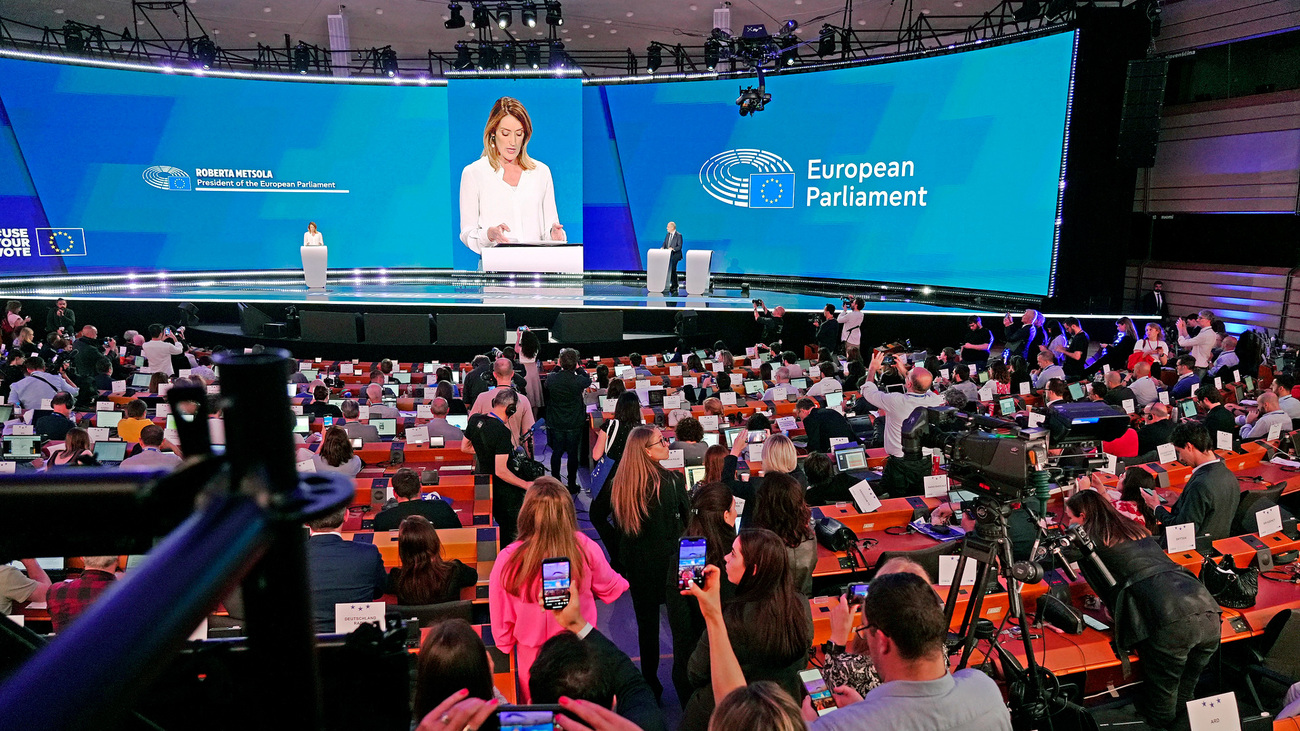Filip Molnár
IFAW looks forward to working with newly elected Members of the European Parliament
IFAW looks forward to working with newly elected Members of the European Parliament

In June 2024, EU citizens exercised their democratic rights by heading to the polls to elect their parliamentary representatives. With the Earth’s delicate balance at risk, these elections presented a crucial opportunity to re-evaluate our priorities and commit to meaningful change. Members of the European Parliament (MEPs) will now bear the responsibility of shaping the EU’s policies and decisions for the next five years.
Elections are not only a celebration of democracy but also a time to show what we care about. IFAW, therefore, gave candidates for the European Parliament the opportunity to show what they will stand and fight for during the next legislative term, including issues like:
- Wildlife trafficking
- Marine conservation
- Disaster preparedness and response
- Strong international policies on biodiversity and climate change
In the end, almost 100 candidates signed our pledges, 45 of whom celebrated an election victory—11 from France, 7 from Germany, and representatives from 21 other EU states.
Harmful human activities, such as illegal and unsustainable wildlife exploitation, underwater noise pollution, bycatch of marine species, and deforestation, have contributed to significant biodiversity loss. Nature conservation and wildlife protection are important tools for restoring biodiversity and tackling climate change.
During the next political term, key opportunities will be offered to address these devastating practices. IFAW will continue its mission and cooperate with MEPs and the new European Commission to find the best solutions for a sustainable future.
We thank all candidates who supported our pledges and congratulate the elected MEPs. Together, we can ensure that animals and people thrive together in the place we call home.
Related content
Every problem has a solution, every solution needs support.
The problems we face are urgent, complicated, and resistant to change. Real solutions demand creativity, hard work, and involvement from people like you.